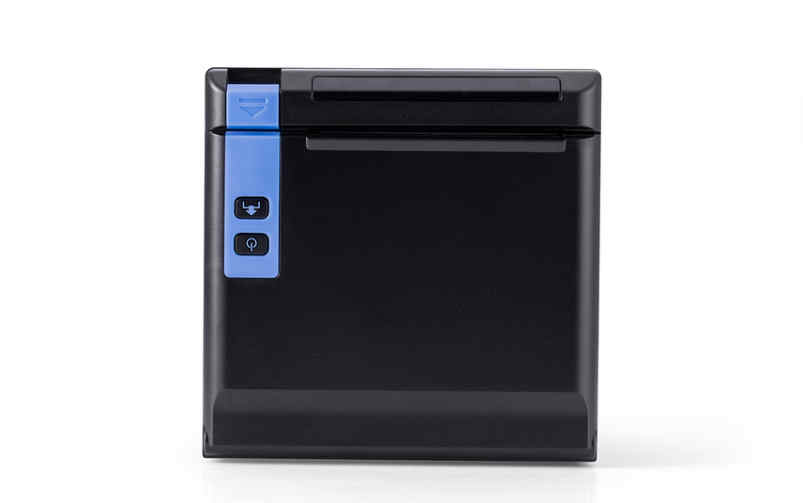What Is UnifiedPOS
Unified Point of Service (UnifiedPOS) is an architecture specification for application interfaces used with point-of-sale devices in retail environments.
The UnifiedPOS standard will include:
1. The UnifiedPOS Retail Peripheral Architecture overview.
2. Written explanations of the device's function interface.
3. UML terminology and diagrams for each device category, to describe:
4. The connections among the classes/interfaces and objects within the system.
5. The UML design serves as the foundation for developing implementations using C++, Java, IDL, or any other object-oriented technology.
6. Operational characteristics and details for implementations which are compliant to the UnifiedPOS architecture.
The UnifiedPOS standard will not include:
1. Specific language API specifications.
2. Complete software components. Hardware providers, software providers, or third-party providers develop and distribute these components.
3. The certification process must be managed by the respective language standard committees, such as the OLE for Retail POS (OPOS), POS for .NET, and Java for Retail POS (JavaPOS) committees.
The goals of UnifiedPOS are to provide:
1. The device architecture is universal and applicable across vendors, platforms, and retail formats.
2. Standards for application to device interfaces in an operating system independent and language neutral manner.
3. Reduced implementation costs for vendors to support multiple (for example, Windows/COM, Windows/.NET, and Java) platforms because they share the same architecture. This is expected to accelerate the speed of bringing innovation to the market.
4. The objective is to create an environment that prevents competition among standards but encourages competition among implementations.
UnifiedPOS Relationship to OPOS and JavaPOS
The UnifiedPOS specification formalizes and documents the underlying retail device architecture, shared by the JavaPOS, OPOS, and POS for .NET standards, in an operating system independent and language neutral manner.
The JavaPOS, OPOS, and POS for .NET standards have been recognized as compliant platform mappings of the UnifiedPOS specification.In UnifiedPOS Version 1.6, appendices were added in order to document specific implementation details for each of these platforms. JavaPOS will be recognized as the only UnifiedPOS conformant, operating system neutral, Java language mapping (See Appendix B). OPOS will be recognized as the only UnifiedPOS conformant language neutral COM mapping (See Appendix A). POS for .NET will be recognized as the only UnifiedPOS conformant language neutral .NET mapping (See Appendix C). Future UnifiedPOS mappings to platforms other than Java, COM, and .NET will be included as appendices to the UnifiedPOS specification as they become available.
This acceptance of the existing standards is based on their close conformance to a common design model. Historically, the OPOS standards provided device interfaces for Win32-based terminals using ActiveX technologies. JavaPOS was based on the OPOS standard as a starting point because:
1. Similar purposes. Both standards involved developing device interfaces for a segment of the software community.
2. Reuse of device models. The majority of the OPOS documentation specifies the properties, methods, events, and constants used to model device behavior. These behaviors are mostly unaffected by the choice of programming language.
3. Reduced learning curve. Using and implementing the OPOS APIs is already a familiar process for numerous application and hardware vendors. As a result, retail application developers and service writers have the option to conform either the JavaPOS or OPOS standards when writing their code. The content of the UnifiedPOS specification, however, along with the appropriate Appendix, will constitute the definition of how an application can be developed to meet the UnifiedPOS standard.
4. The UnifiedPOS specification is also the basis for the POS for .NET implementation, which similarly adheres to this common approach for the access and control of POS peripherals.

Fiscat's Fiscal Printer MAX80 series can support UPOS, you are very welcome to contact us for any customized project!


